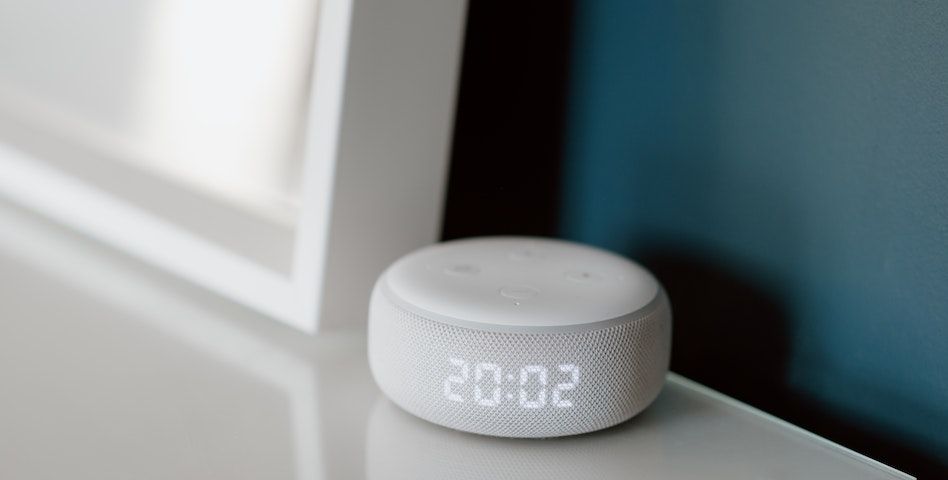Alexa: A Technological Marvel
In the world of smart devices and virtual assistants, Amazon's Alexa has established itself as a household name. It has become a part of our daily lives, helping us with tasks, answering questions, and even controlling our smart homes. However, as with any advanced technology, there are concerns and debates surrounding its impact on privacy, security, and even our psyche. In this blog, we delve into the question: Is Alexa pushing towards crime and playing with our psyche, or are these concerns overblown?
The Rise of Alexa
The Smart Assistant Revolution
Alexa, powered by artificial intelligence, has redefined the way we interact with technology. Its hands-free voice command system allows us to perform various tasks effortlessly. We can ask Alexa about the weather, set alarms, play music, control lights, and even shop online, all through simple voice commands.

Privacy Concerns: A Cause for Alarm?
The Echoes of Privacy Dilemmas
One of the primary concerns surrounding Alexa is privacy. Critics argue that these devices are always listening, waiting for the "wake word" to activate. While Amazon insists that only specific voice recordings are stored and used to improve the system, there have been cases of accidental recordings and unauthorized access by third parties, which have raised red flags.
Security Risks: Vulnerabilities Uncovered
The Pandora's Box of Security Threats
Alexa is not immune to security vulnerabilities. Some have raised concerns about hackers exploiting weaknesses in the system to gain unauthorized access or eavesdrop on conversations. Although Amazon continually updates its security protocols, the potential risks are undeniable.
Psyche and Alexa: A Complex Relationship
The Impact on Human Behavior
The interaction between humans and virtual assistants like Alexa is an evolving area of study. Some argue that these devices, by promoting convenience and instant gratification, might contribute to impatience and a lack of interpersonal communication. There are concerns that constant interaction with an AI could potentially affect our social skills and psychological well-being.
Crime and Alexa: A Murky Connection?
Exploring the Dark Side
Accusations of Alexa playing a role in criminal activities have surfaced from time to time. There have been reports of Alexa being used to intimidate, harass, or even order products without the owner's consent. While these instances are relatively rare, they have added fuel to the debate about the ethical implications of AI technology.
Balancing Act: The Role of Regulation
Addressing Concerns and Ensuring Accountability
To address the concerns related to privacy, security, and the potential impact on human behavior, there is a growing call for stricter regulations and increased transparency from tech companies. Establishing clear guidelines for data collection and usage, ensuring robust security measures, and studying the psychological effects of virtual assistants are steps toward achieving a more balanced relationship with AI technology.
The Verdict: Navigating the Alexa Conundrum
Technology as a Double-Edged Sword
The question of whether Alexa is pushing towards crime and playing with our psyche is complex and multifaceted. While there are genuine concerns related to privacy, security, and psychological impact, it is crucial to acknowledge that Alexa and similar virtual assistants offer substantial benefits in terms of convenience and efficiency.
The responsibility lies not only with tech companies but also with users. It is essential to be aware of the potential risks, use devices mindfully, and stay informed about updates and security measures. Striking a balance between the advantages and disadvantages of AI technology is the key to making the most of this digital era.

In conclusion, while Alexa has transformed the way we interact with technology and offers numerous advantages, it is not without its challenges and controversies. The concerns about privacy, security, and psychological impact are valid and warrant careful consideration. As we continue to integrate AI technology into our lives, it is crucial to approach it with a critical yet open-minded perspective, emphasizing responsible use and ongoing dialogue about its role in our society.